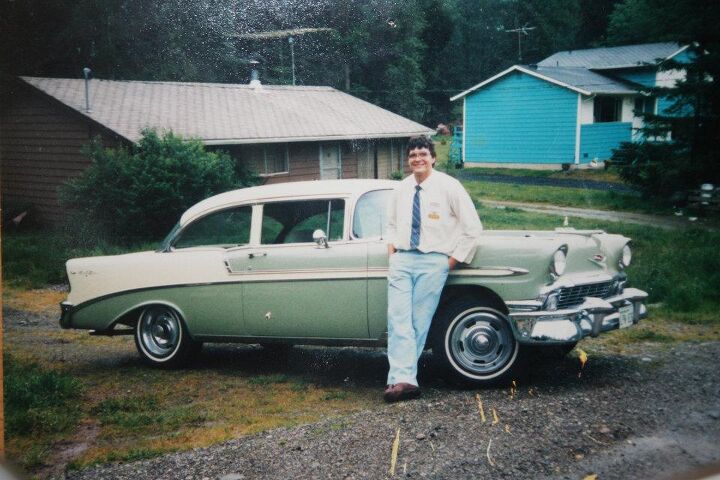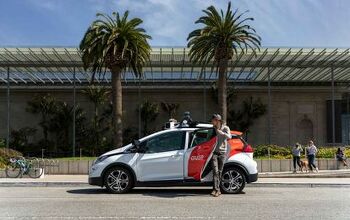Reeling In The Years: Tugging Americans' Hearstrings
Your Author, All American Boy
July 4th is almost upon us and all you bashers of things American made can suck it. We won the wars with our All American can-do attitudes, our American know-how and our All American steel. If it wasn’t for us you’d all be speaking German and Japanese and be using the metric system to measure things other than just cocaine. We are the most powerful nation to ever stand astride the Earth and the best part about us is that, no matter who you are or where you live, our government is interested in what you are doing and will take the time to listen to everything you have to say.
The year 2013 is a confusing time to be an American. The economy continues to struggle forward and the signs are mixed as the stock market surges forward and then falls back. Leaks and revelations have aired our government’s dirty laundry and it has become ever more apparent that we have over the past decade been slowly trading our liberty for an increased sense of safety. Recent discussion on this site have raised the specter of license plate readers tracking people’s movements and, although I am by no means one of the tin foil hatters who like to comment on so many of our posts, even I am beginning to wonder just what the hell we are doing to ourselves.
The last time I can remember our national mood taking this big a hit was in the 1970s after the Watergate scandal broke. Our national adventure in Vietnam had failed spectacularly and the experience had left us deeply divided. The economy was headed into the dumps and thanks to the Arab oil embargo fuel prices were hitting new highs. Cars of that era, the reliable ones at least, were big, simple machines that for the most part relied upon aging technology. They were inefficient, ungainly and had a lot more in common with old tractors than they did with the rockets our government, in a fit if fiscal restraint, had decided to stop sending to the moon. They were, for the most part, out of date before they left the factory but they still needed to be sold so the ad men went to work.
Chevrolet has long played upon it’s All American image to sell cars and the “Baseball, hot dogs, apple pie and Chevrolet” is one of the earliest ad campaigns that I can actually remember. Looking at the commercial on You Tube today, it seems a little saccharine sweet as it attempts to connect the cars of 1975 with the more storied cars of the brand’s past but given the context of the times it worked well. Of course, I can tell with 20/20 hindsight that almost every one of the cars on display was a total dog. Unless they rolled right off of the set and into the corporate museum my guess is that every one of those cars were in the junkyard before The Captain and Tennille dropped out of the top 40, but buy them we did.
You know that campaign worked because in the late 1980s Chevrolet took another shot at our heartstrings when it pulled out its “Heartbeat of America” campaign. This time the cars weren’t bloated disco barges with landau tops, they were instead smaller, more efficient and generally unremarkable front wheel drivers. The images in the ad are unabashedly blue collar America and I can’t help but look at them and see reflections of real people that I know. Looking back now I can still see that most of the cars are unsophisticated crapwagons but Ronald Reagan’s America was a different, leaner time and after the excesses of the 70s a return to a more utilitarian, if not Spartan, mode of transportation seemed warranted. At the very least, it felt like the General was trying to get with the times and, although we bought less of them than we had of their predecessors, a great many of us still took the plunge.
In the new millennium Chevrolet hit us in the gut yet again, this time with its Chevy Runs Deep campaign. Chevrolet’s products were better than they had been in years and it seems to me that there was very little actual need to rely so heavily upon a connection to the brand’s storied history to generate sales. The ads did not, apparently, generate the amount of sales that the company had hoped for and the campaign was quietly dropped at the beginning of this year. The ads do a good job of showing us the connection Chevrolet has with the hearts and minds of many in middle America, but I think the lack of sales the campaign generated may be a result of the fact that, over the past four decades, fewer and fewer Americans have actual long term memories associated with the brand.
The future is forever rushing forward and its arrival banishes those things we once knew and loved to history. We will always continue to hold the memory of those things in our hearts and so long as we do, advertisers will continue to attempt to access the positive feelings associated with them. As more and more American families have moved into imports, fewer young people feel strong connections to the American brands. When nostalgia becomes useless, I wonder then what will replace it? Happy Independence day…
More by Thomas Kreutzer
Latest Car Reviews
Read moreLatest Product Reviews
Read moreRecent Comments
- Formula m How many Hyundai and Kia’s do not have the original engine block it left the factory with 10yrs prior?
- 1995 SC I will say that year 29 has been a little spendy on my car (Motor Mounts, Injectors and a Supercharger Service since it had to come off for the injectors, ABS Pump and the tool to cycle the valves to bleed the system, Front Calipers, rear pinion seal, transmission service with a new pan that has a drain, a gaggle of capacitors to fix the ride control module and a replacement amplifier for the stereo. Still needs an exhaust manifold gasket. The front end got serviced in year 28. On the plus side blank cassettes are increasingly easy to find so I have a solid collection of 90 minute playlists.
- MaintenanceCosts My own experiences with, well, maintenance costs:Chevy Bolt, ownership from new to 4.5 years, ~$400*Toyota Highlander Hybrid, ownership from 3.5 to 8 years, ~$2400BMW 335i Convertible, ownership from 11.5 to 13 years, ~$1200Acura Legend, ownership from 20 to 29 years, ~$11,500***Includes a new 12V battery and a set of wiper blades. In fairness, bigger bills for coolant and tire replacement are coming in year 5.**Includes replacement of all rubber parts, rebuild of entire suspension and steering system, and conversion of car to OEM 16" wheel set, among other things
- Jeff Tesla should not be allowed to call its system Full Self-Driving. Very dangerous and misleading.
- Slavuta America, the evil totalitarian police state


































Comments
Join the conversation
In the late 70s and early 80s, the vehicles appeared to be made out of particleboard. But instead of wood chips, they used compressed rust instead.
Someone once said that nostalgia was looking at the past while wearing rose colored glasses and blinders. Frankly most of the domestic cars in the 60's from a quality standpoint were not that great, but there was not much to compare them against; and the quality of domestic automobiles continued to decline through the '70s; it wasn't until about 1985 or so that the quality of domestic automobiles began to improve. In all fairness, Japanese cars in the 60's were not especially great, their main attraction was price. In my humble opinion the improvement of Japanese cars in the 1970 can be traced to the idea of statistical quality control taught by Edward Demming. He gained almost rock-star satus in Japan where his teachings were followed with an almost religious fervor. In the United States he was a prophet without honor, it wasn't until well into the 80's that the domestic auto manufactures began grudgingly accepting his ideas.